Cutting administrative time in half at Franklin University
Staff say they can spend more time reviewing IRB protocols and less time on menial tasks
Challenge
Ever start a new job and immediately realize there’s an enormous backlog of work? Marnie Shaffer did a year ago when she accepted the position of Manager of the Institutional Review Board at Franklin University. “When I got here, it was evident the IRB needed some focused attention,” she says. No one had been managing IRB processes full-time, and documents weren’t centralized. “I started digging through the records and quickly realized there was an inefficient system in place,” she says.
Meanwhile, the university was charging forward with an increased focus on research and new doctoral programs. As protocol application volume increased, Shaffer successfully grew Franklin’s IRB committee to 10 voting members and six alternates. But the old method of managing IRB processes—through emails and spreadsheets—couldn’t scale to keep up with the university’s needs and research growth goals.
“There was no way I was going to be able to manually track everything,” Shaffer says. “It was quickly evident that this was going to become unmanageable and we needed something to keep us compliant and organized.”

“There was no way I was going to be able to manually track everything that’s going on.”
Marnie Shaffer
Manager of the Institutional Review Board
Solution
An in-house solution was in the works, but it wasn’t sufficient. “You couldn’t log in unless you were on campus, and you couldn’t save your work, because it would time out. It wasn’t conducive to what we were trying to do,” Shaffer says. She began investigating her options.
Shaffer made a list of all the potential software options they could use, then narrowed down the list Cayuse and three other companies. She then requesting demos of each and found Human Ethics to be the most organized and intuitive of all the options (as well as within their budget range).
“I thought its user-friendliness would be great for us,” she says. “We have a lot of adult learners who work full-time, so they don’t have a lot of extra bandwidth. They need to be able to jump in and do their thing and be done with it. We needed it to be simple, and that’s what we liked about Human Ethics.”
“We needed it to be simple, and that’s what we liked about Human Ethics.”
Marnie Shaffer
Manager of the Institutional Review Board
Results
Franklin University began piloting Human Ethics and within two weeks, Shaffer and her colleagues were using it. A month after the pilot began, the university officially went live with the software, joining more than 50 other Human Ethics customers ranging from small to large offices. So far the feedback has been very positive. “It’s been wonderful,” Shaffer says. “Human Ethics takes a lot off my plate.”
She enjoys being able to assign tasks to committee members directly from the system, rather than emailing them repeatedly and forwarding attachments. “Human Ethics is a tremendous time-saver. I now can spend more time reviewing protocols instead of doing menial tasks. It has cut my administrative time in half.”
Using Human Ethics also means she worries less about violating regulations, because the software helps them stay in compliance. Even with the best intentions and organization, it’s too easy for details to be overlooked with a manual system, she says.
Her colleagues love the software as well. “We’re very happy with it,” Shaffer says. “Members have emailed me to say how impressed they are and that they are so grateful to have this tool.” With Human Ethics, a once-overwhelming job is now a lot more enjoyable.
“Human Ethics is a tremendous time-saver. I now can spend more time reviewing protocols instead of doing menial tasks. It has cut my administrative time in half.”
Marnie Shaffer
Manager of the Institutional Review Board
Request a personalized demo
See why over 670 research organizations use Cayuse
